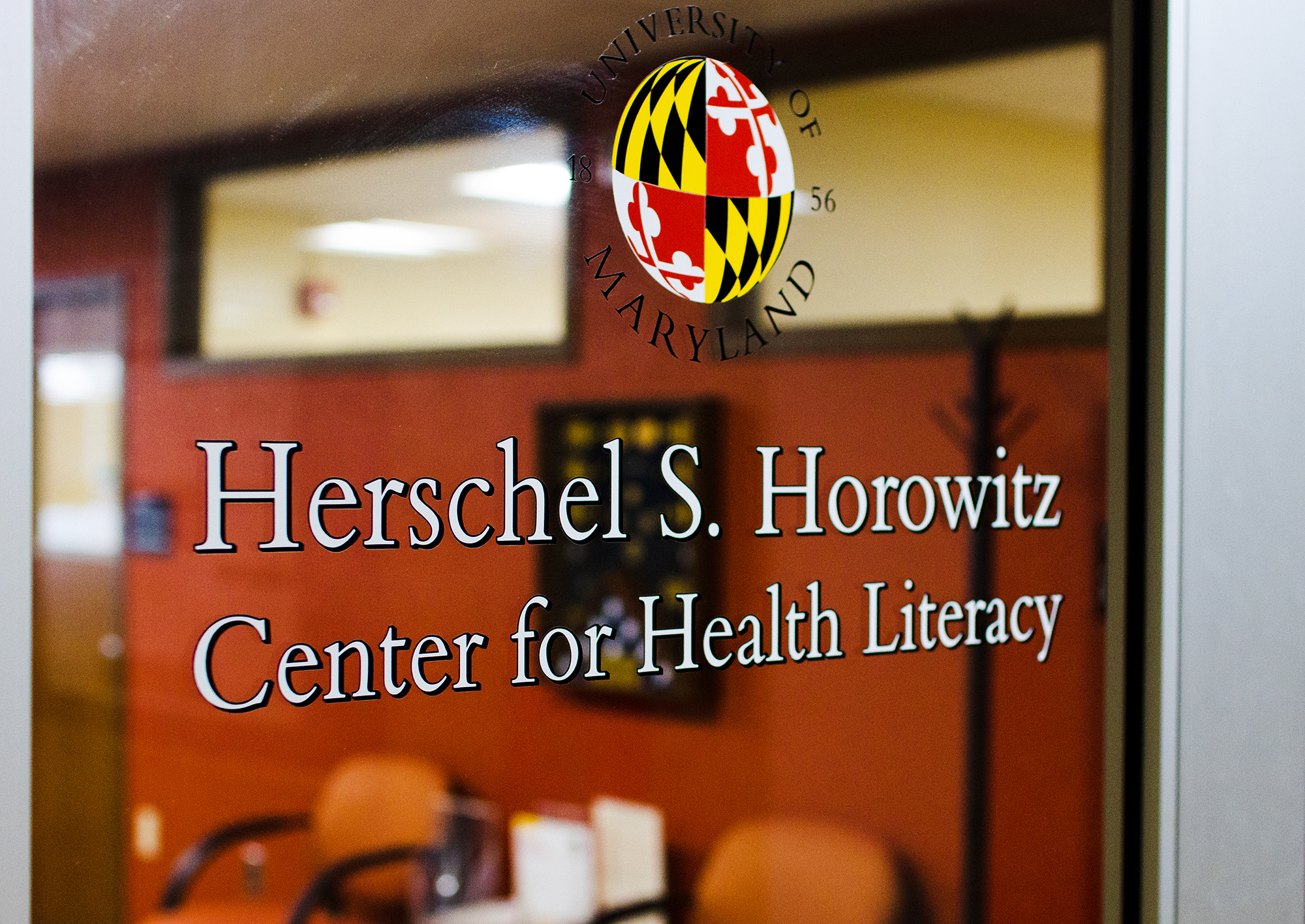The Maryland General Assembly is considering a bill to make public health communication more accessible at the University of Maryland’s Horowitz Center for Health Literacy.
Del. Joseline Peña-Melnyk (D-Prince George’s and Anne Arundel), said state agencies need to have consistent expectations and tools for communicating. The bill, which has been approved by the House, will provide $350,000 so the health center can be a hub for health information.
As a hub for the state, she said the center can create templates to review different works on things such as news releases and websites. By making it easier to understand understand what agencies offer, there will be a clear message of how to help people and advocate for their care and well-being.
Peña-Melnyk said the bill will allow the Horowitz Center to work with state agencies and nonprofits on simplifying the language they use when communicating.
Peña-Melnyk said public health information in Maryland is not communicated in plain language, and that health care providers and state officials do not make an effort to ensure people have the tools to understand their health care and the health care system.
Despite reducing the number of uninsured Maryland citizens by almost 50 percent, Peña-Melnyk said the state needs to use more simple language and make sure people know what to expect and how to navigate a system while sick. In 2010, 11.3 percent of Maryland citizens were uninsured. In 2019, the number was as low as 6 percent.
[UMD Counseling Center offers new meditation biofeedback headbands to students]
“We need to speak and explain things in plain English … so that people can understand what their care provider is saying, they can understand their billing, they can understand their medications,” Peña-Melnyk said.
Horowitz Center Director Cynthia Baur defined health literacy as the ability to navigate health information.
“Health literacy happens when organizations that are providing health information and services do everything they can to reduce or eliminate those barriers,” Baur said.
Baur said getting health insurance can have huge financial implications. Organizations that provide information need to do everything they can, so people don’t go bankrupt, she said.
“What I really try and convey to people is that this is an investment that they’re making in their professional selves,” she said.
Baur said resources are wasted by not using knowledge to help the public achieve the best health outcomes, and she’s excited to offer the Horowitz Center’s services across the state.
[Leaf my greens alone: UMD researchers will examine how stress affects leafy greens]
The center provides training and education, such as introducing people to the idea of health literacy, Baur said. It also does more intensive work for those already in practice who want to improve their communication skills and guidelines.
The bill would allow people to draw on federal plain language guidelines for public communication, she said. She said information about coronavirus follows plain language guidelines for the public.
Alice Horowitz, a public health school professor, said the bill is exciting because it addresses health inequalities in Maryland. She said the need to address health literacy has become clearer during the coronavirus pandemic.
Health care providers need to use recommended communication techniques, Horowitz said. She added the “teach-back” method is a communication technique that explains to a patient how to do things such as taking their own blood pressure at home. Then, the patient will explain it back to their provider, she said.
Horowitz said it’s equally as important to develop educational materials using plain language, such as a document to help moms breastfeed.
“It’s something that when this bill is passed and funded, can go a long way to increasing health literacy and decreasing health disparities,” she said.



